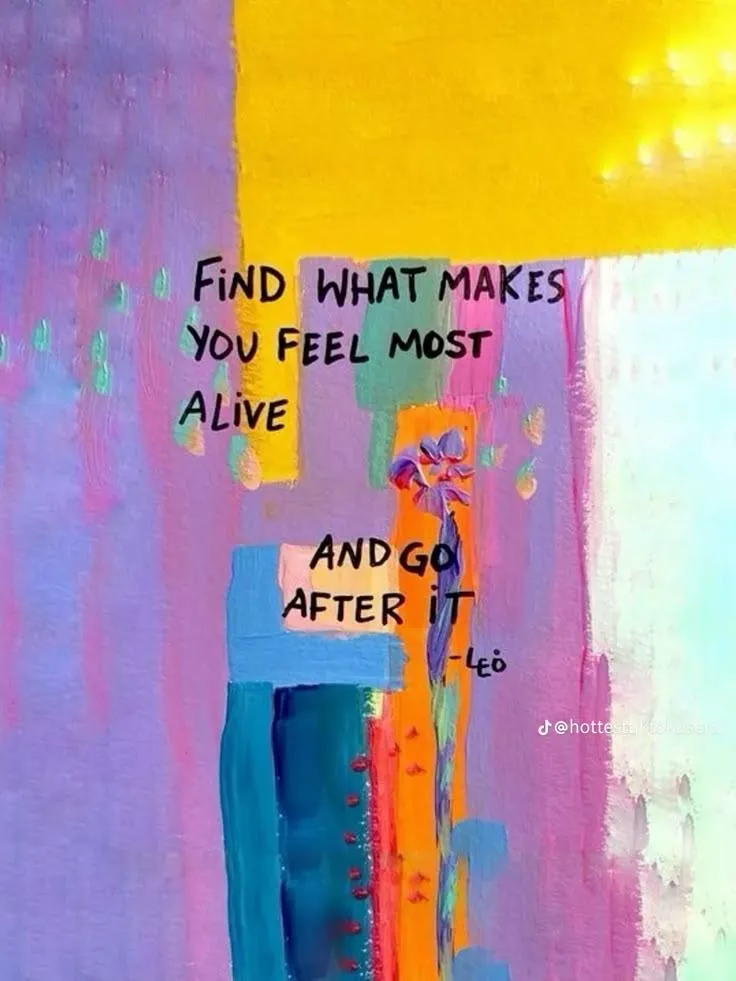
Chase Change – Don’t Let It Chase You: How to Take Control of Your Life
We often wait for change to happen to us, hoping it will spare us from making difficult choices. But when we sit back and wait, we become vulnerable to our circumstances and lose our sense of control.
Sometimes, we’re simply too scared to initiate change—and we only act when we’re forced to. This fear can even show up in our relationships or careers. For example, commitment issues often arise because not committing means we can’t technically fail. But by us doing that, we surrender our power and miss out on the real experiences, even if it is mistakes.
We wait for a job to land in our lap before leaving the one which makes us miserable. We wait for our partner to initiate a breakup. We wait for something drastic to happen before taking the leap to shift our lives. That way, if things go wrong, we can convince ourselves it wasn’t really our decision—we were just victims of circumstance.
In my Cognitive Behavioural Therapy (CBT) training, I’ve learned valuable techniques to help rewire the brain—giving us back control, even when it feels hard.
CBT focuses on two key pillars:
Re-conditioning the way you think.
Changing the actions you take.
Your thoughts affect your emotions. Your emotions affect your behaviours. And it all feeds back into the same loop.
When we feel stuck, we have two options: change our environment or change our perspective. If we don’t act on either, we suffer.
Often, we don't act because we’ve convinced ourselves there’s no point. We’re afraid we’ll fail. We imagine every negative outcome in advance—as if we’ve already predicted the future.
But here’s the truth: we can’t possibly know what will happen.
When we assume the worst, we rob ourselves of joy, learning, and opportunity. Avoiding decisions or changes only deprives us of experiences that help us grow.
When we’re overwhelmed by overthinking, positive change can feel impossible. That’s when small actions matter most. Even tiny steps signal progress to the brain—helping to shift our perspective and reduce emotional paralysis.
Why We Get Stuck (and what the truth is):
We feel hopeless and insecure. (But hope can be cultivated.)
We feel helpless and out of control. (But we often have more control than we realize.)
We have low frustration tolerance. (But small tasks help us avoid overwhelm.)
We fear criticism. (But criticism often reveals more about others than about us.)
We fear we can’t meet expectations. (But effort is more powerful than perfection.)
We undervalue the reward. (Even small wins deserve celebration.)
These mental blocks are all rooted in thought. When we change our thinking, we unlock our ability to act. But if we stay stuck, the cycle of inaction deepens—and we feel more defeated over time.
Don't wait for change to chase you. Chase it.
Where to Start:
Perspective Shift
In challenging moments, find one thing—just one—that you can enjoy. Do this regularly, even when things are going well. It rewires your brain to look for the good, not just the danger.
Small Actions
Taking control of your life is one of the greatest gifts you can give yourself. Doing anything—big or small—creates momentum. It activates your brain and interrupts overthinking. Even a short walk or making your bed can give your mind a break.
Break tasks down into small, manageable pieces.
You don’t need to write the entire report tonight or clean the whole house in one go. Start small.
One Last Thing:
We will never rise above the perception we have of ourselves. What others say matters far less than what we believe.
So, believe in yourself. Raise your self-perception.
Step forward, even if it’s just a few inches at a time.
I believe in you.
With love,
CDW
